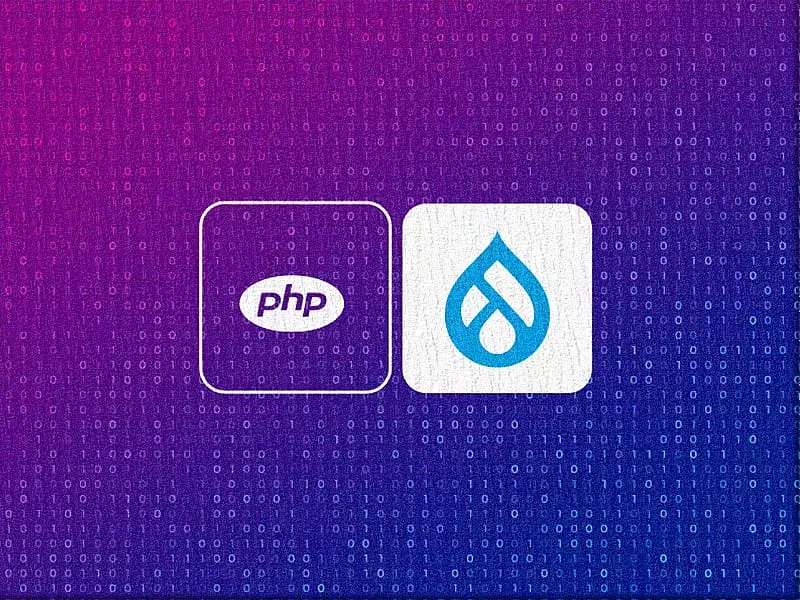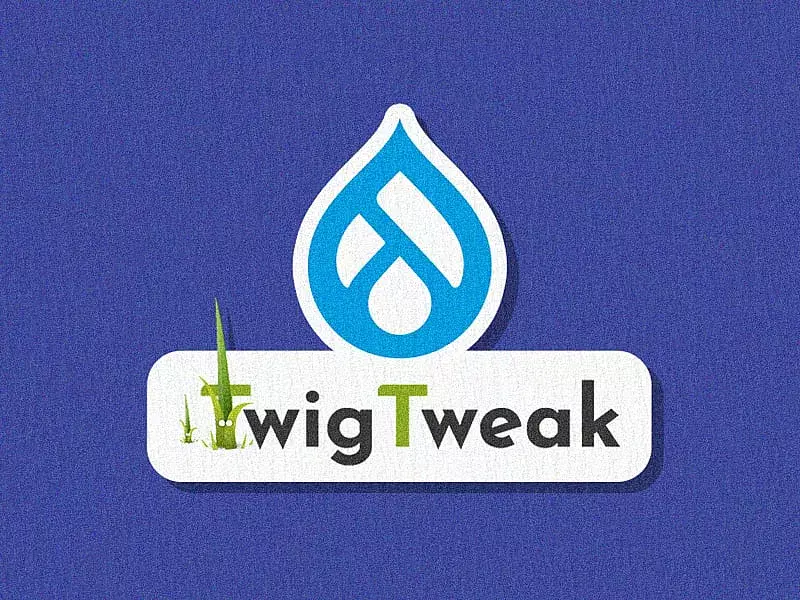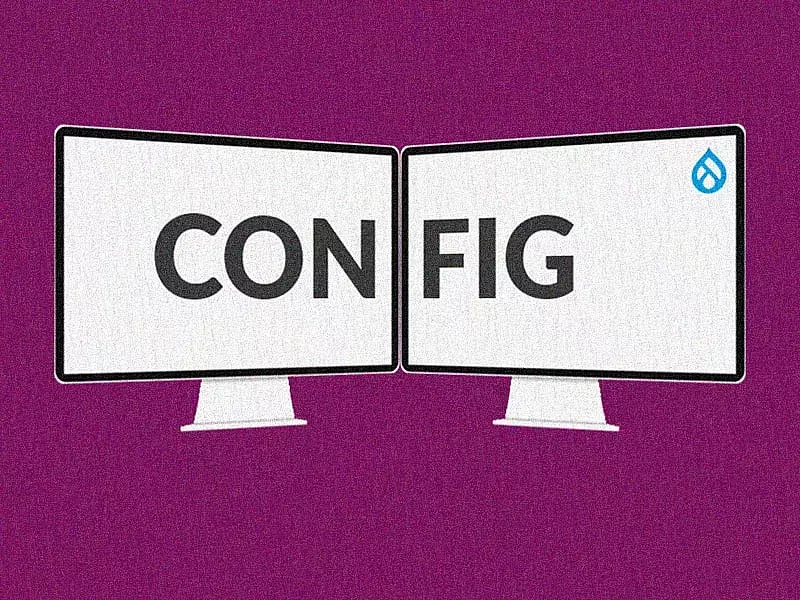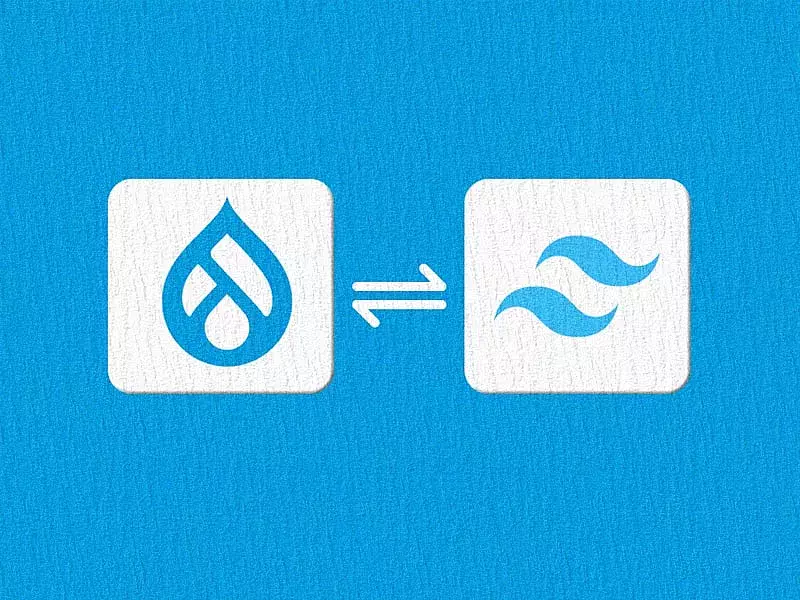Table of contents
- 1. Round-the-clock Security
- 2. A Stitch in Time…
- 3. Upgrade for best results
- 4. To the New
- 5. Focus on your business goals
- 6. Search Engine Optimization
- 7. Scaling up
- Choosing the right Drupal Development Company
- Website Audit
- Levels of Support
- Turn-around times
- Dedicated VS Shared Support
- Update Release Schedule
When we’re building a website, the process isn’t that different from building a house. You can liken information architecture to blueprints, your Content Management System (CMS) as the foundation and your design comps to decorating and fixture choice. That parallel works when discussing maintenance too. They both need regular care, support and maintenance to function properly.
The key difference in long term care of a house and a website is that, in most cases, a home will have predictable outside influence of wear and tear. Weather, regular use and safety are all things home builders engineer for. That’s why you don’t need someone repairing your home monthly (we hope).
Websites, however, have an almost infinite amount of unpredictable elements to guard against. Constantly changing SEO guidelines, security updates and web standards make maintaining websites nearly a consistent need. Regardless of how great your website, services, or product, neglecting regular maintenance of your website can put your business growth at risk. Or, in many cases, actually lose market share.
With a CMS like Drupal, known for its security and high standards, proper maintenance is key to getting the most out of it. But no matter the platform, your investment in your website quickly and significantly loses value without a support and maintenance plan. Take a look at our top 7 reasons why you need a technology partner for support and maintenance.
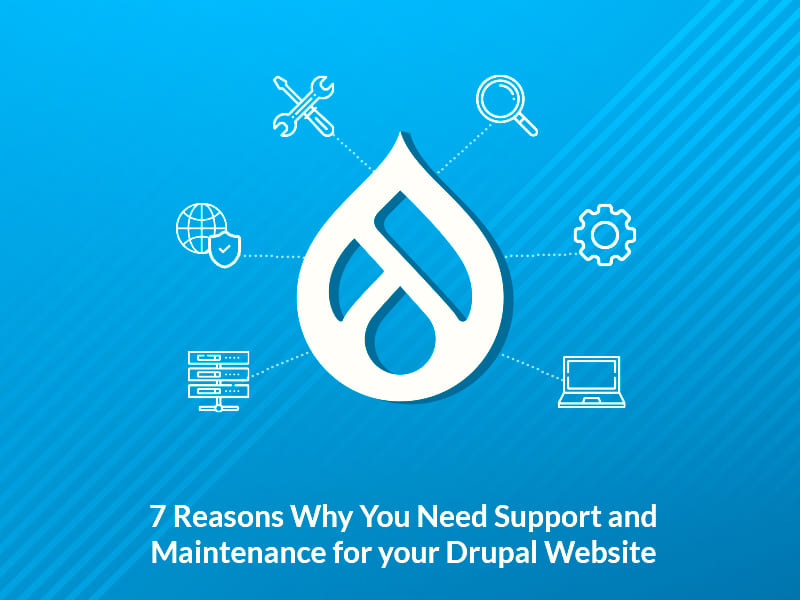
1. Round-the-clock Security
Security is one of the key reasons why many organizations look for a reliable website support and maintenance partner. Undoubtedly, Drupal is one of the most secure CMS’s today - but with that comes consistent security updates. Your Drupal website needs to be updated with security upgrades and patches regularly to avoid data breaches and cyber attacks. Luckily, the Drupal community and the Drupal security team’s efforts towards releasing security patches, fixes and upgrades, all add up to building a sustainable ecosystem. As new threats to websites arise, some security fixes and patches will require your immediate attention to fix any vulnerabilities. Having a team ready and watching for these types of high alert fixes keeps your website safe from the latest hacks. Something else to consider: If you’re still on Drupal 7/8 (or Drupal 6), migrating to Drupal 9 now will not just help in leveraging the best features Drupal has to offer but it is also critical to keep your website secure.
2. A Stitch in Time…
..saves nine! Even the smallest bug when ignored could cost you a customer or lead to larger issues down the road. Bugs and errors can emerge out of nowhere for multiple reasons. Sometimes it’s because of a former vendor’s rushed coding and deployment of a new feature. Sometimes it’s insufficient testing, miscommunication, lack of expertise, poorly-chosen third-party tools or more. Some of these can be critical and might need immediate attention while others could hide unnoticed for a while and be discovered later. We’ve seen it all. Nonetheless, neither of them can be overlooked for a customer-focused Drupal website.
3. Upgrade for best results
Since Drupal 8 and its adoption of continuous innovation, upgrades and minor versions are released in more frequent cycles to avoid long waiting times for updates and enhanced features. While Drupal 6 and Drupal 8 have already reached end-of-life (no security fixes/enhancements), Drupal 7 will continue to receive security support till November 2023. If you still need Drupal 7 support post that, you will need to contact a vendor who provides Long Term support (like the LTS plan for Drupal 6 support). However, if you need to stay updated and leverage Drupal’s new and powerful features, it is about time to upgrade to Drupal 9. Staying up-to-date with Drupal’s latest version will allow you to provide your customers with a compelling and fresh digital experience.
4. To the New
Growing and scaling up your business calls for proactive and future-proof solutions. If you want to gain an edge over your competition, you have to stay on top of things. Things you will need: Frequent content updates and enhanced features. Of course, with Drupal, updating content is easy and users don’t need a technical background. But for the new features and enhancements that can improve your user experience and customer journey, you’ll need some technical expertise. Modern Drupal features like content personalization, multilingual support, content moderation (and many others that weren’t a part of the phase one of development) can be an added advantage to your business. In the end, user behavior is never constant - which is why your website needs to stay fresh and align with your user’s needs and business goals.
5. Focus on your business goals
“Focus on what you do really well. Let others help you with what you are not good at.”
It happens… You suddenly find that your website needs all of the security updates, fixes, enhancements and upgrades. Even if you had the ability to do it, you already have too much on your to-do list running a department/organization. Offloading your Drupal support and maintenance work to a technology partner who does it day-in and day-out can help focus on your goals. Not to mention, the speed and efficiency of a team that does it everyday.
6. Search Engine Optimization
Improving your organic reach on search engines and optimizing your SEO ranking is not a set-and-forget sort of thing. Search engine rules and algorithms are continuously evolving with the changing markets and audience demands. While Drupal does offer tons of features and modules that can help in SEO optimization, your website still requires ongoing Drupal SEO support to actually see results. SEO is about reacting to the market - you need someone to be doing that.
7. Scaling up
Your website should be able to grow with your business. As your organization scales up, a lot of things change. There’s going to be a higher influx of visitors, a need for new features, improved security, more third-party integrations and API updates, Drupal interface improvements… the list goes on. A trusted Drupal development partner will not only support your growth but should be able to envision and build a scalable Drupal solution right from the start. If you don’t have a roadmap a few quarters ahead, you’re potentially flying blind.
Choosing the right Drupal Development Company
Now that we’ve established a few strong reasons on why you need Drupal support and Drupal maintenance services, here are a few things you need to know before you choose a Drupal development partner to help you with it.
Website Audit
Your Drupal development partner should perform a comprehensive audit of your website. This audit should be able to give you a clear picture of where your website stands in terms of performance, security issues, bugs and SEO status. Your Drupal website’s support and maintenance plan should be based on these factors.
Levels of Support
Different types of websites will need different levels of support:
- Drupal Security Update Support - Ensuring regular security updates, upgrades and applying patches. The team needs to keep up with the latest security issues released by Drupal’s security advisory.
- Drupal Module Upgrades Support - Module upgrading to leverage better features and/or to remain compatible.
- Drupal Migration Support - Ensuring smooth transition and uptime during migrations, migration bug fixes, content migration support, database migration support and more.
- Code Review Support - Reviewing code for structure, quality, logic, performance, testing, design, usability, readability, functionality, etc.
- Performance testing and tuning Support - Check and support for performance on website’s expected workload, response time, speed, robustness and scalability.
- Integration Assistance - Support for existing integrations and during new integrations with third-party applications and APIs.
- Drupal 6 Support - Long Term Support plan (LTS) and Drupal maintenance.
- Drupal 7 Support - LTS after Nov 2023 and Drupal 7 module support.
Turn-around times
Turn-around and response times for your website depends on the type of issue/support needed. For emergency issues like a serious bug or a security loophole, the turn-around time should not exceed 24-48 hours. While support for new Drupal features or enhancements or customizations can range from 2 weeks or more depending on the complexity of the task.
Dedicated VS Shared Support
As the names suggest, with dedicated support you get a Drupal expert/team of Drupal experts who will exclusively support your website(s). These are usually built on a monthly retainer so the team can carry out Drupal support and maintenance tasks continuously or when they arise. This ensures that your website is customized and properly supported both proactively and on-demand. Most support service providers also offer to utilize your unused support hours into the development of a new feature or enhancing exciting features.
A bit less common - you could also opt for shared support. This is the sharing of resources with other companies. This works best when your website is not complex and was built with no customizations - something that requires less continuous monitoring.
Update Release Schedule
Drupal 8/9 is not a build-up upon Drupal 7. It has been re-architectured to improve adoption among businesses and Drupal developers by adopting more modern frameworks (Symfony, Twig, PHP 7+, BigPipe caching, etc.). To be able to stay secure and compatible with the other building blocks, it has adopted a continuous innovation model and releases frequent minor version updates (every 6 months). So, for example, even if you’re upgrading your website from Drupal 9 to Drupal 10, it wouldn’t be considered a major upgrade because your website is already updated to the latest minor version of Drupal 9. This kind of easy progress is a direct result of having a Drupal support and maintenance service partner. They should ensure regular scheduled updates of Drupal’s version releases, bug fixes, and security releases.
Today, your website might be the best it’s ever been – sleek design, compelling user experience, good results and great conversions. But without continuous improvement and the right Drupal support and maintenance, the slide to your website becoming obsolete can happen dramatically fast. With the continuous transformation of the digital world around us, it’s necessary for us to keep up with the pace. When you have a team of Drupal support experts looking over your website and offering support through your website’s lifecycle, you can sit back and focus on business goals, rather than the tools that help you accomplish them.


